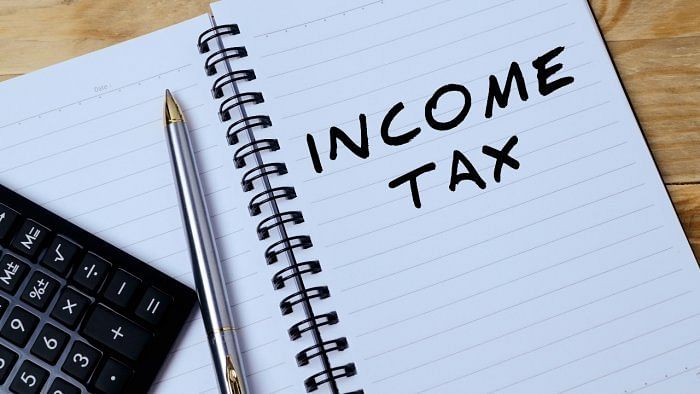
Section 285BB of the Income Tax Act enables tax authorities to make available an Annual Information Statement (AIS) to the taxpayers. An AIS contains information of the various financial transactions such as interest income, dividend earned, shares traded, mutual fund transactions, foreign remittance, tax details, cash deposits, purchase of immovable property, purchase of the vehicle, etc, made by a taxpayer during the year.
Taxpayers can view the statement by logging into their income tax portal (www.incometax.gov.in) under the ‘Services’ tab. In a way, this is a good move from the tax department for better compliance by the taxpayers. One can check the details of the transactions captured by the tax authorities and if the information is incorrect, related to other people, duplicated, wrong reporting, etc, feedback can be submitted against each transaction.
In fact, AIS is an extension of Form 26AS, which contains information on TDS, TCS, Advance tax along with the summary of certain specified financial transactions. AIS adds more features by gathering securities transactions, dividends, interest, etc. For the financial year ending March 2021, taxpayers can access both Form 26AS and AIS. In case of any variance in the data, the tax department has clarified that the information in Form 26AS is to be considered for the computation of income.
How is AIS useful?
It offers immense help to taxpayers, as they can reconcile their transactions with the data available with the department. Once the differences are ironed out, all the incomes are reported and taxed, one can sleep peacefully! There are no after-shocks of getting notices, interest, and penalties, etc, for non or under-reporting of income. AIS acts as a preventive course for correct reporting of income while filing the returns.
For the Financial Year (FY) ending March 2021, the AIS data was made available during November 2021. By then, a lot of returns were already filed. What if some of them have missed reporting the income? In such cases, they can revise the return on or before 31st March 2022. So, those who have already filed the returns can also cross-check against the AIS and take remedial actions for inconsistencies.
Is rental income reflected in AIS?
In case you have let out the house, shared your PAN number with the tenant, he, in turn, claimed deduction under House Rent Allowance, such data is also captured in AIS. In the past, many landlords would have missed reporting rental income and gone unnoticed by the tax authorities. Such loopholes are plugged through AIS, resulting in higher tax revenue.
What if some information is not captured in AIS?
One should remember that AIS is acting as a guide. It doesn’t mean that transactions resulting in income but not reflected in the AIS can be ignored by the taxpayers! They have to volunteer to offer them for tax. AIS is a dynamic statement, it gets updated with new inputs if any.
Recently, the department has also clarified that no tax liability computation will be done based on AIS data for now.
Can one modify the feedback?
It may so happen that the taxpayer would have given a response to each data in AIS but subsequently want to modify previously given feedback. As of now, there is no limit on the number of times one can modify the feedback.
Who shares the information with the department?
Banks, depositories, dealers, sub-registrar, employers, etc, have to submit the reports in the prescribed forms on or before the due dates. Any default or delay or non-furnishing of reports attracts a steep penal provision.
Gone are the days of hiding transactions under the carpet. AIS, a third eye, will prompt you to pay and deter non-compliance.
(The writer is Chartered Accountant and Registered Valuer, Bengaluru)
Check out DH's latest videos